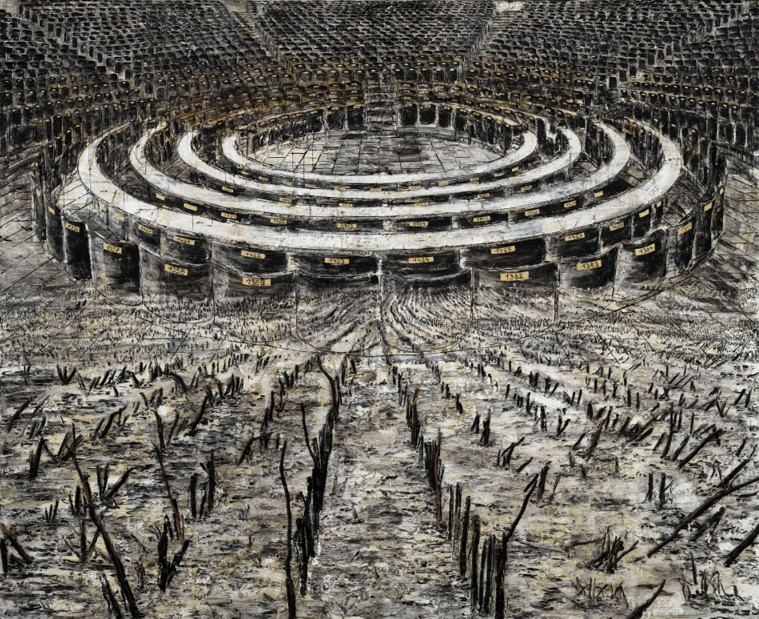
Rural 19
The main focus of this NWO-project is on the modernisation process and the social changes that took place in the Dutch countryside during the nineteenth century under the influence of processes of state-formation and nation building and processes of commercialisation and professionalisation.
During the nineteenth century the Dutch farmers strengthened their hold on the countryside while the large landowners and elite started to lose their positions. How was this process of democratisation possible and what were its implications? What caused the farmers associations (boerenbonden) to compete with the older agricultural societies (maatschappijen van landbouw) at the end of the nineteenth and the beginning of the twentieth century? Within those agricultural societies, why did the power of the smaller farmers increase rapidly? The countryside became more and more identified by agriculture and the interests of the farmers – a situation that would be taken for granted during much of the twentieth century and became seen as the natural state of affairs instead of a historical one.
Publications
Two books have been published based on research for this project:
Piet van Cruyningen. Boeren aan de macht? Boerenemancipatie en machtsverhoudingen op het Gelderse platteland, 1880-1930 Power for the farmers? Farmer’s emancipation and power relations on the countryside in Gelderland, 1880-1930). Hilversum: Verloren., 2010
Ronald Rommes. Voor en door boeren? De opkomst van het coöperatiewezen in de Nederlandse landbouw voor de Tweede Wereldoorlog (For and by farmers? The rise of the cooperatives in Dutch agriculture before the Second World War). Hilversum: Verloren, 2013
Related is:
Wim Coster, Wim. Baron op klompen. Mr. B.W.A.E. Baron Sloet tot Oldhuis (1807-1884) aan de hefboom tot welvaart. Historia Agriculturae, 40. Groningen / Wageningen: Nederlands Agronomisch Historisch Instituut, 2008.
For my own publications in this project, see under Publications, Rural History.
